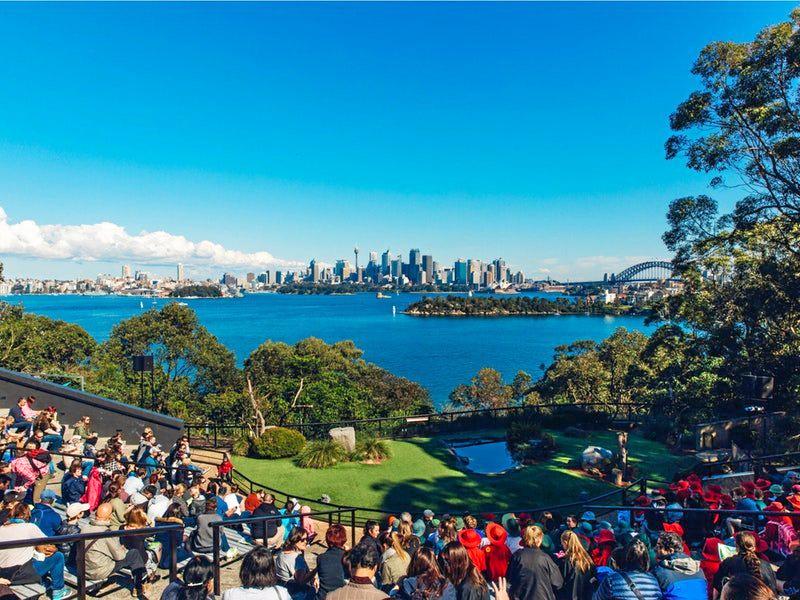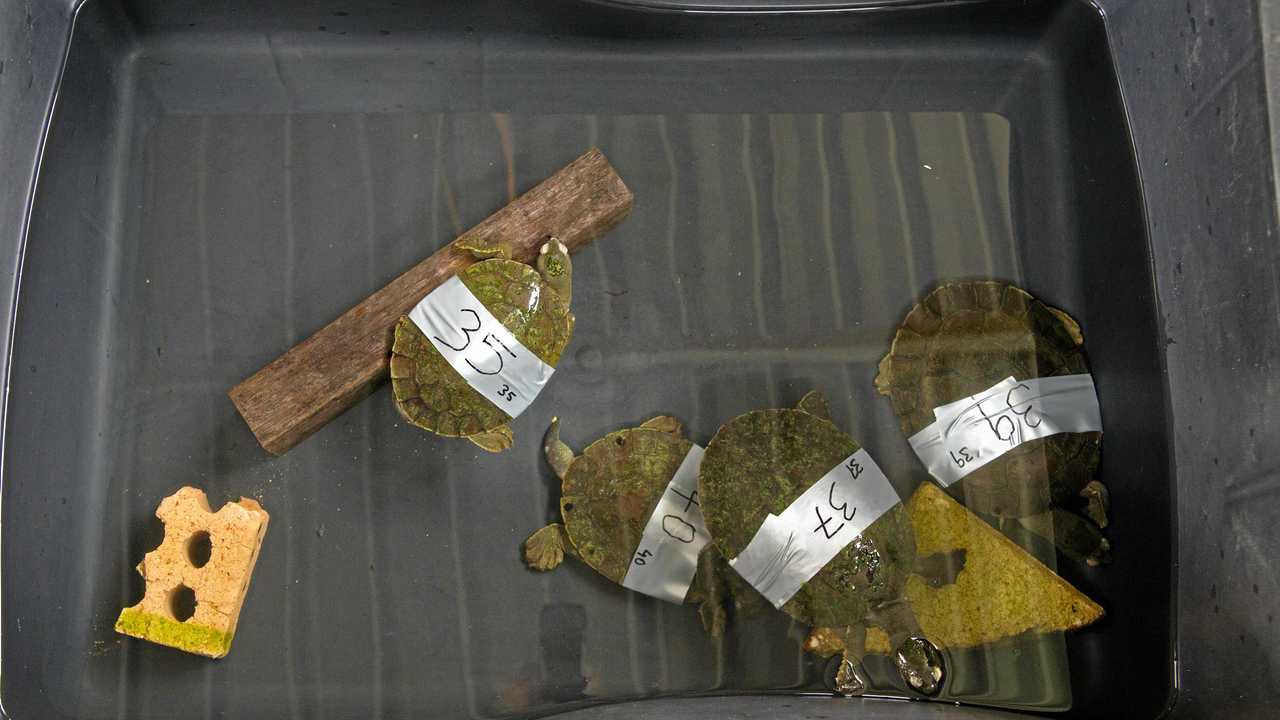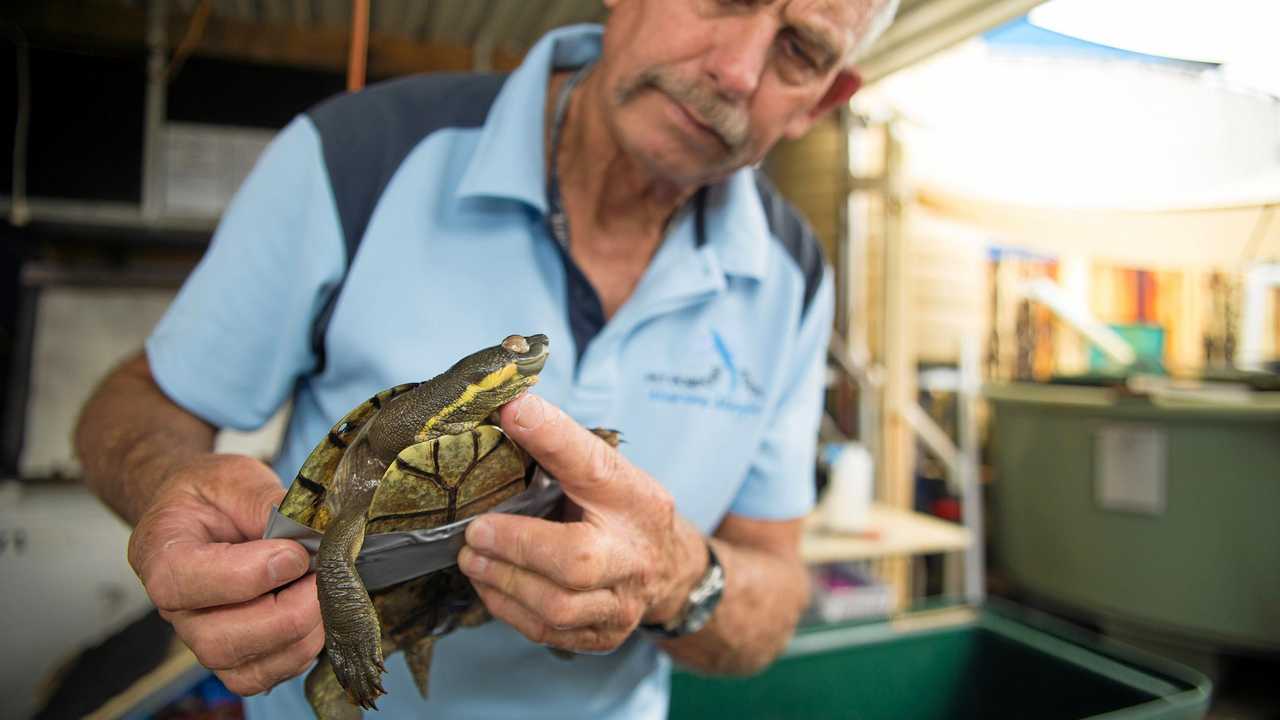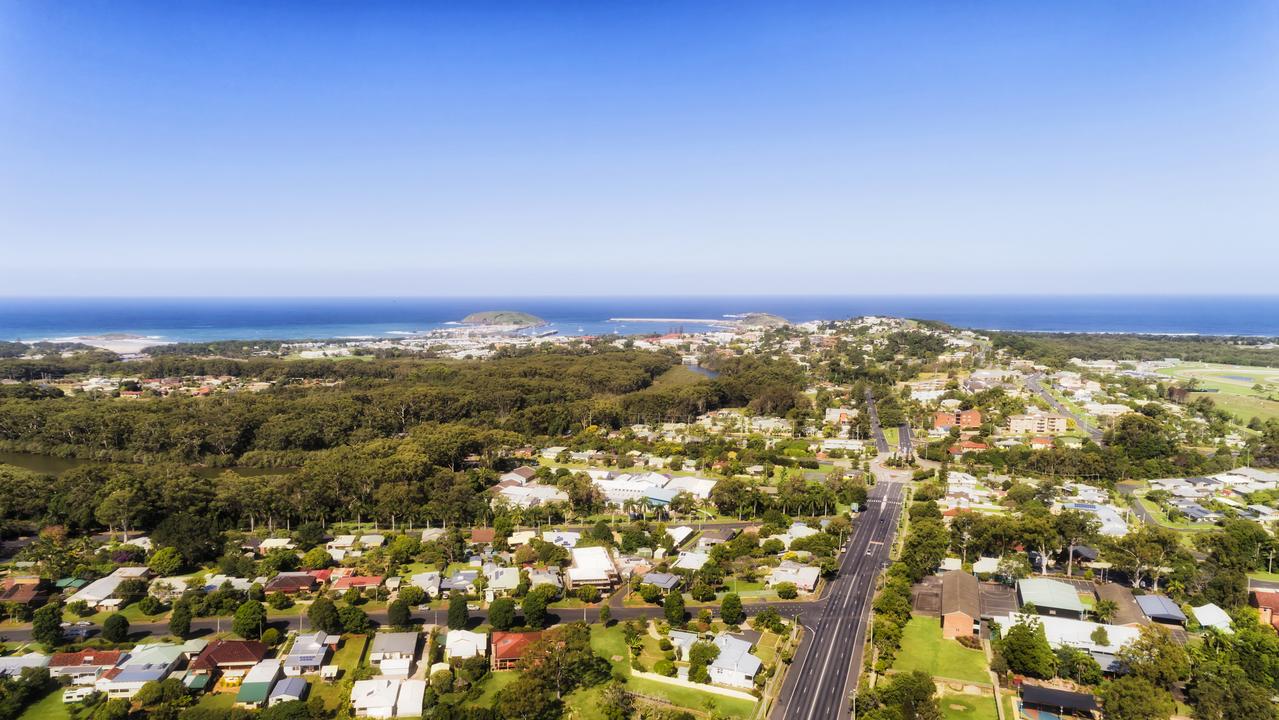Hope offered to critically endangered Coffs species
Two years ago there were fears a species was headed for extinction. Today there's great news out of Taronga Zoo.

Coffs Harbour
Don't miss out on the headlines from Coffs Harbour. Followed categories will be added to My News.
FOR the second year in a row, Bellinger River Snapping Turtles have hatched at Taronga, as part of a NSW Government captive breeding program.
This year 31 tiny turtles have emerged from their eggs, joining the 22 turtles that hatched in 2017.
This is a momentous development for this critically endangered species, which was all but wiped out by disease in 2015.
"We've increased the numbers of our insurance population significantly, which is amazing for this program," Taronga Zoo keeper Adam Skidmore said.

Taronga Conservation Society established the breeding program after a newly discovered disease wiped out up to 90 per cent of the local population of Bellinger River Snapping Turtles on the NSW mid-north coast near Bellingen in 2015.
"The turtles were dying at an alarming rate. We really hadn't seen anything like this virus before," Adam said.
A Government emergency response team was formed to investigate and coordinate the rescue of a group of healthy turtles to establish an insurance population. Taronga is working closely with NSW Office of Environment and Heritage, Western Sydney University and Symbio Wildlife Park to save this species.
"This year the turtles at Taronga laid fewer eggs but the eggs were hardier and larger. The hatchlings were also bigger," Adam said.
"The adults have had two years in our care and their offspring are now hatching out stronger. They are also really active and are growing at an amazing rate."
The long-term aim of the breeding program is to raise and release hatchlings back into Bellinger River.
Researchers from Taronga's Australian Registry of Wildlife Health have been investigating the disease and monitoring the health of turtles remaining in the river since 2015.
"This work has involved leading the investigation into the mortality event, with the collaboration of NSW DPI, CSIRO's Australian Animal Health Labs, and diagnostic specialists at six Australian and two North American Universities," Taronga veterinary pathologist Dr Karrie Rose said.
Registry staff have examined and monitored the health of the turtles in captive breeding programs at Taronga and other sites.
"We have also contributed to biosecurity protocols to protect the health of the Bellinger and other river systems, and to NSW Office of Environment and Heritage species recovery planning," Dr Rose said.
"Currently, we are working with NSW DPI to confirm the identity of the organism considered to have caused the outbreak, and assess the risk posed to both the turtles remaining in the Bellinger River and those bred at Taronga that might be released in the river in the future," she said.



